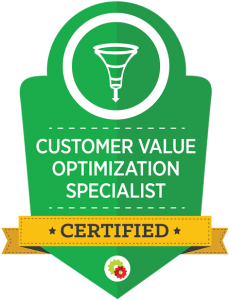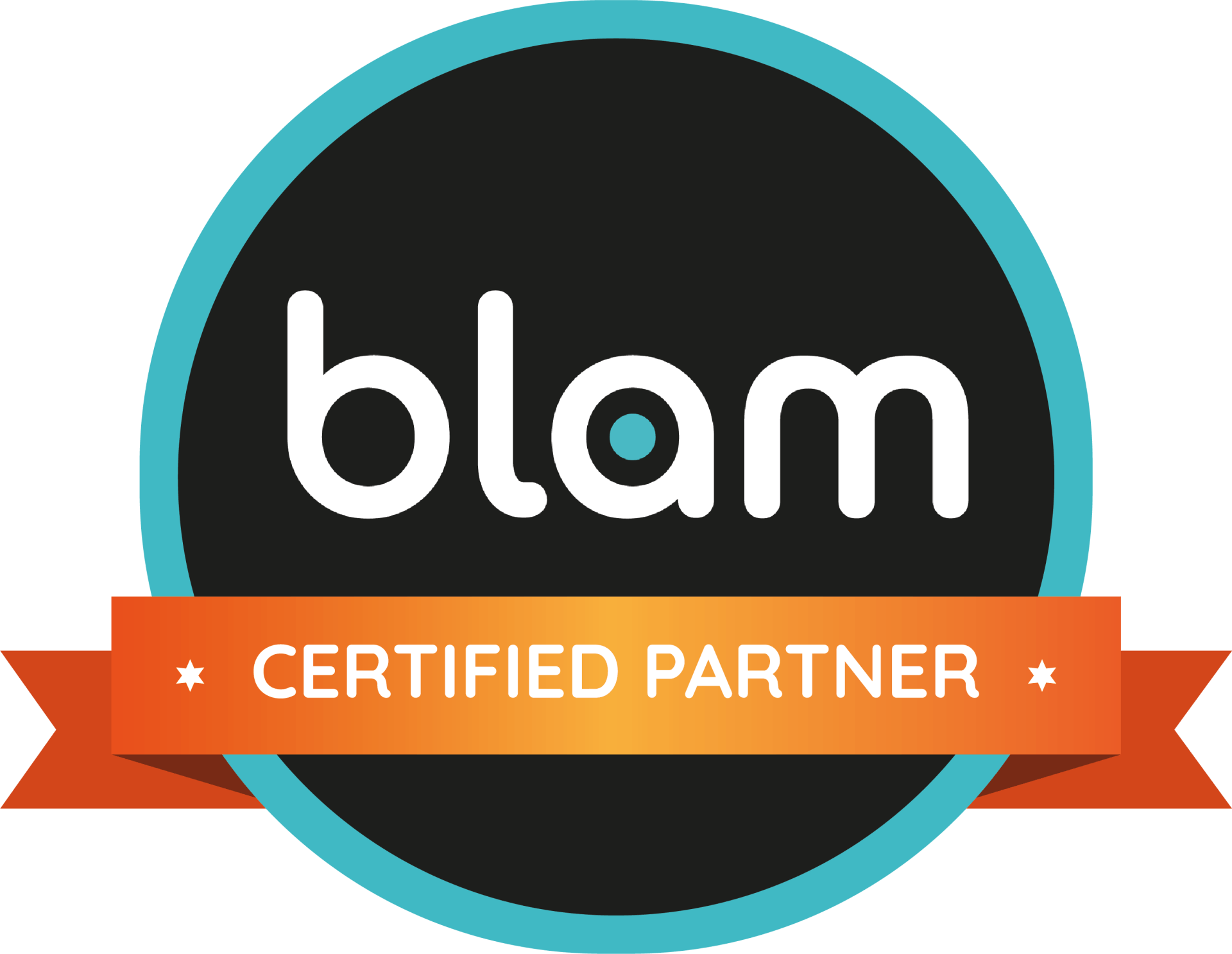Will SEO be around in 5 years time?
Will SEO Still Matter in Five Years? Let's look at the Evidence to see if we can arrive at an answer.

Continuing our SEO series, (and our kitty image theme 🐾), we’re diving into the trends shaping the future of SEO and asking the big questions.
The future of SEO is one of those questions that sparks equal parts curiosity and uncertainty. Will it evolve into something completely new? Or will it slowly fade, replaced by AI-driven search technologies? Instead of claiming certainty, let's dive into the trends and evidence that hint at what might be coming.
What’s Driving SEO Forward Today? 🧐
At its core, SEO exists to help businesses—especially SMEs—connect with their audience. But the way users search is constantly shifting. Consider the growing importance of mobile-first design, voice search, and even AI platforms. These forces are changing how people interact with content online, which means businesses need to stay ahead of the curve.
Will these changes make SEO obsolete? Not likely. But they will reshape the methods we use to get noticed.
AI's Transformative Role in SEO 🤖
Artificial intelligence is rewriting the rules of search optimization. From tools that analyze user intent to AI chatbots providing instant answers, the role of search is evolving beyond traditional parameters. For SMEs, this means crafting content that speaks directly to their audience's needs and offers value—rather than focusing on keyword density alone. As AI continues to advance, the need for thoughtful, audience-first content becomes even more critical.
This is why we’re constantly updating our own strategies and services—ensuring businesses like yours stay ahead of these shifts, whether it's through AI websites, enhanced SEO approaches, or smarter e-commerce platforms.
Keywords vs Context: A Necessary Evolution 🔑
Keywords remain a piece of the puzzle, but context has taken center stage. Evidence shows that search algorithms now reward authoritative, well-written content that satisfies user intent. The days of simply stuffing "SEO for SMEs in Dublin" into every paragraph are behind us. Instead, the future lies in blending natural language and relevant terms into storytelling that connects with the audience.
Local SEO: The Gamechanger 📍
For SMEs, local SEO is essential. Features like Google Business Profiles, location-specific keywords, and reviews are driving visibility in search results. Given that nearly half of all Google searches are local, it’s no secret that optimizing your digital presence within your community can be incredibly impactful.
If you need help with getting your website featuring in local searches, we offer tailored services.
Search Beyond Google 🌐
Search engines aren’t the only players anymore. Social platforms, voice assistants, and even AI-powered chat tools are becoming powerful spaces where businesses can optimize their visibility. The question is whether SEO will extend its influence into these arenas—or evolve into something entirely new.
Sustainability and Green SEO 🌱
Possibly a little surprisingly, as consumers become more eco-conscious, sustainability is emerging as a potential factor in how businesses rank in search results. Companies promoting environmentally-friendly practices and creating content aligned with sustainable values may gain an edge in attracting like-minded customers. Evidence suggests that search engines could prioritise such content in the future as user preferences shift. For SMEs, weaving sustainability into their messaging—whether through blog posts, social media, or SEO strategies—could not only resonate with their audience but also contribute to long-term brand growth. This is an opportunity for small businesses to showcase their commitment to doing good while remaining competitive online. - https://ronntorossian.com/seo-and-sustainability-how-digital-marketing-can-drive-environmental-change/?form=MG0AV3&form=MG0AV3
The Competitive Edge of Paid and Organic SEO 💸
The debate between paid and organic SEO is as old as digital marketing itself, but what if the future lies in combining the two? Paid campaigns can provide quick visibility, while organic SEO builds long-lasting authority and trust. Together, they form a powerful strategy to maximise reach and impact. SMEs can use insights from paid campaigns—like high-performing keywords and audience demographics—to refine their organic content strategies. By leveraging the strengths of both approaches, small businesses can achieve greater results without stretching their budgets too thin.
How We Can Help 💼
While nobody can predict the future of SEO, one thing is clear: businesses need to stay adaptable. At [Right Hand Consulting], we’re always working to stay ahead of the trends—helping SMEs make the most of their digital presence through services like SEO, content writing, AI-driven websites, and more. Want to make sure your business is ready for the next chapter of SEO? Fill out the form below and let's start the conversation!
The only certainty about SEO’s future is uncertainty itself. But as long as people are searching for answers, businesses will need to make sure they’re found. Reach out today, and we’ll help you stay one step ahead! 💡
Contact Us












